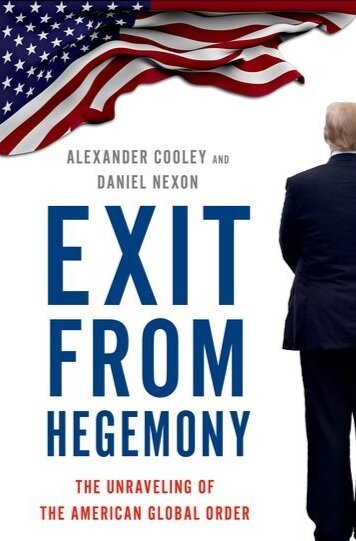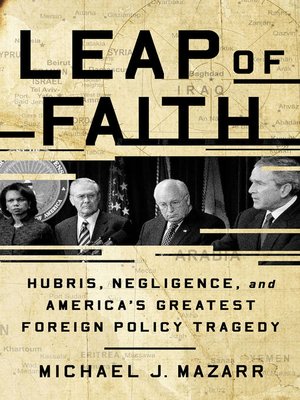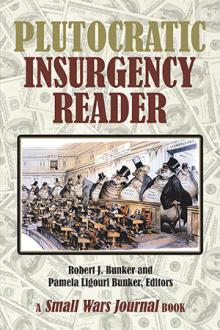Exiting From Hegemony on the Break it Down Show
Saturday, May 16th, 2020[Mark Safranski / zen ]


Exit From Hegemony: The Unraveling of the American Global Order
I had the pleasure of joining Break it Down Show host Pete Turner in interviewing Dr. Alexander Cooley and Dr. Daniel Nexon, authors of Exit From Hegemony: The Unraveling of the American Global Order. Cooley is Claire Tow Professor of Political Science at Barnard College and Director of Columbia University’s Harriman Institute of Russian, Eurasian and East European Studies while Nexon Associate Professor Edmund A. Walsh School of Foreign Service, Georgetown University (Dan also blogs at Lawyers, Guns and Money and was the founder of the well respected group blog, Duck of Minerva). The two IR scholars have written a tightly argued, scholarly book regarding the potentially seismic shifts underway in the American-led liberal order and the potential directions a “post-hegemonic” world may take.
Without spoiling the show that I hope you will tune into below, Exit From Hegemony blends theory with contemporary geopolitical trends, strategic threats to “exit” the status quo posed by illiberal great powers of rising China and a waning Russia, transnational far-right (and far-left) populism and the role of America since the end of the Cold War up to and including the Trump administration. It’s a fascinating read an illuminating conversation.







